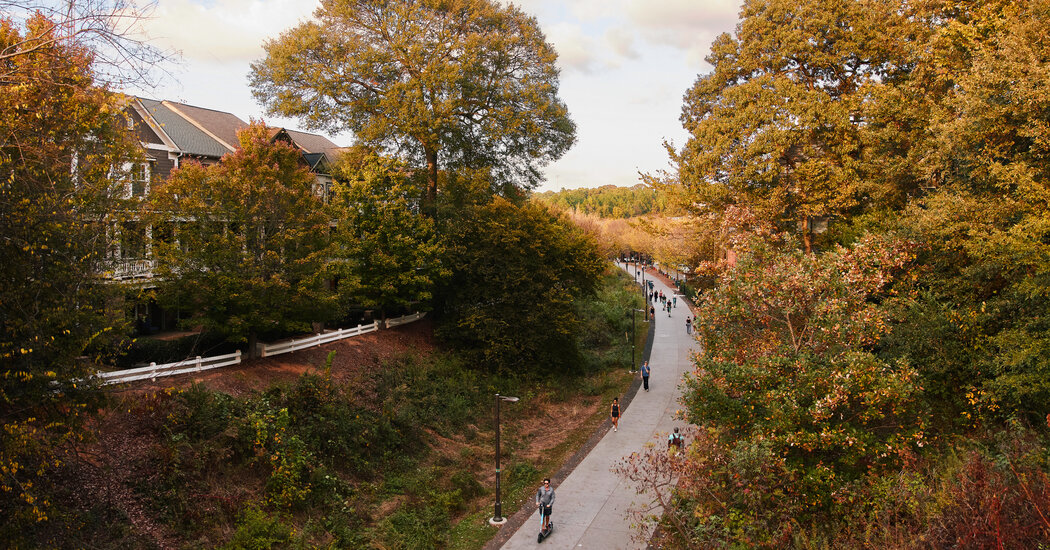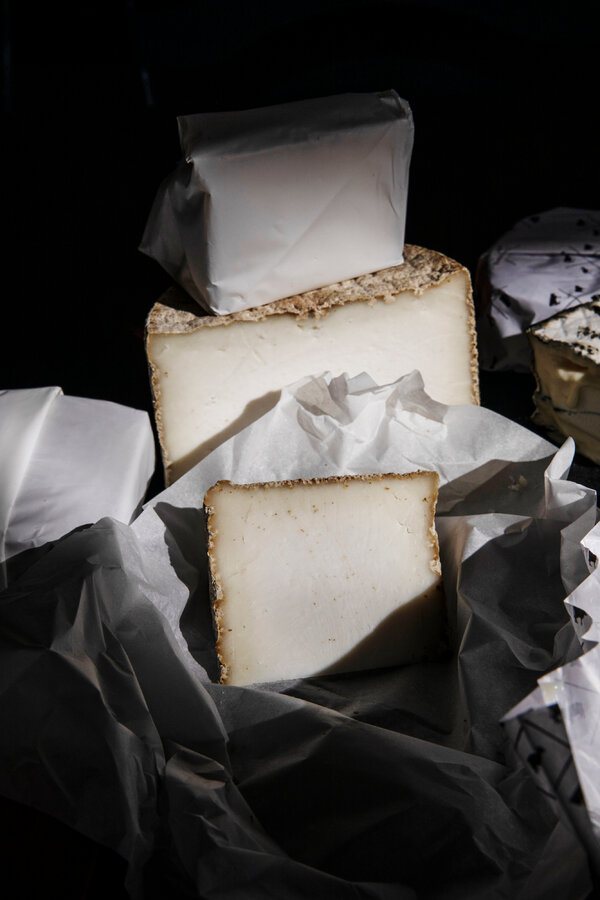This is the final day of the 5-Day Friendship Challenge. To start at the beginning, click here.
The friendship experts I interviewed for this challenge all mentioned, in one form or another, how important vulnerability is to forming close connections. If you want big, deep platonic love in your life, you must be willing to put yourself out there emotionally.
Those therapists and researchers also acknowledged that the very idea of vulnerability makes a lot of us squirm.
“You risk rejection, exposure, judgment,” said Hope Kelaher, a licensed clinical social worker in private practice in New York City and the author of “Here to Make Friends.” “But it is the core component of any deep emotional intimacy.”
Friendship Challenge Day 5: Be vulnerable with a friend.
“Expose myself emotionally” probably wasn’t on your to-do list when you woke up, so here are a few ideas to help you start.
Ask a probing question (or 36 of them). Nearly a decade ago, The New York Times ran the article “The 36 Questions That Lead to Love” — which included a set of, yes, 36 questions that could help accelerate intimacy.
The questions had been generated for a study by researchers including Arthur Aron, a professor of psychology at Stony Brook University. Dr. Aron told me that he and his team had developed the questions to test whether they could create closeness between strangers, but there is growing evidence they can increase closeness between friends and romantic partners, too. Running through the full set takes about 45 minutes, and the questions get progressively deeper. Answer them with a friend to help foster mutual vulnerability.
Confide in someone new. One simple strategy is to think about who you typically talk to about thorny issues at home or work, said Marisa G. Franco, a psychologist and the author of “Platonic.” Instead of going to that person, talk to another friend you’d like to bond with. You might share something you are struggling with, she suggested, though she acknowledged that was a high-risk (and high-reward!) proposition. If you need a confidence boost, keep the “beautiful mess effect” in mind: Research suggests that though we tend to worry being vulnerable will make us seem weak or flawed, others tend to see it as courageous and authentic.
Offer a sincere compliment. Going deeper with a friend does not necessarily mean you must unburden yourself emotionally. Jeffrey Hall, a professor of communication studies at the University of Kansas, has worked on research showing that offering a sincere compliment to a friend can increase your own happiness and lower stress levels over the course of a day. Though telling a friend what you appreciate about him or her might feel awkward, it will probably be more welcome than you would expect.
OK, maybe it’s just me, but after spending the week together working through this challenge, I feel like we’re best friends now? I’ll keep up with your feedback in the comment sections, so please post there and let me — and your fellow readers — know how the exercises turned out for you. If you’d like to suggest other forms of connecting, drop them there, too.
I hope these exercises have been a reminder to make time for friendship. Investing in our social connections is like investing in a 401(k), as Ms. Kelaher told me. It’s a way of planning for our future stability — and well-being.







